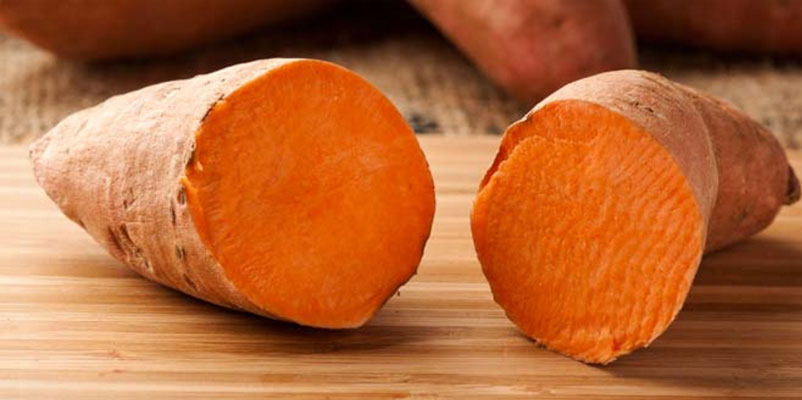News
Ugandan who created Vitamin A potato gets global award
Uganda’s Dr. Robert Mwanga, and his Mozambican colleague Dr. Maria Andrade were last weekend awarded, along with two other scientists, the prestigious 2016 World Food Prize for creating the first ever Vitamin A enriched sweet potato.
Their successes while working at the International Potato Centre (CIP) has been hailed as a fundamental breakthrough in adding vital micro-nutrients in a staple food, something that could go a long way in reducing stunting in millions of children in the developing world. Orange-fleshed sweet potato has been widely adopted in Uganda.
Dr. Jan Low and Dr. Howarth Bouis, were bestowed similar accolades for their work in developing studies and approaches to propel the adoption of Vitamin A potatoes, as well as iron and zinc fortified beans that are also being promoted in Uganda.
The winners also shared a US$250,000 prize, and their accolades at the auspicious occasion held in Des Moines, the capital of America’s great farming state of Iowa.
Biofortification is a process of breeding critical vitamins and micronutrients into staple crops such as wheat, rice and sweet potatoes to help reduce hidden hunger and specifically vitamin A deficiency (VAD), one of the most pernicious forms of undernourishment in the developing world.
Biofortification allows poor especially less economically well off people to consume the vital micronutrients while eating food.
In Uganda, research has been successfully carried out to breed cooking bananas with vitamin A using modern biotechnology. The technology however still faces a few huddles such as lack of an enabling law to allow farmers access vitamin A bananas.
Vitamin A deficiency causes blindness, limits growth, weakens immunity, and increases mortality. It afflicts over 140 million preschool children in 118 countries and more than seven million pregnant women, and it is the leading cause of child blindness in developing countries.
The scientists have received felicitation messages from different corners of the globe including from the CGIAR, a Consortium of International Agricultural Research Centers whose vision is to promote research for a food secure future.
A statement from CGIAR said: “Thanks to the combined efforts of the four Laureates, over 10 million people are now benefiting from biofortified crops, with a potential of several hundred million more in the coming decades. The hope is that biofortified foods could help up to a billion people by 2030 as more research and funding, along with success in raising the awareness of agricultural producers and families about the benefits of the technology, significantly expand its reach.”
Dr. Martin Kropff, CGIAR System Management Board Interim Chair added: “Their efforts in developing Vitamin A enriched sweet potato has reduced hidden hunger and improved the health of millions. This award is a true testament to the power of science to improve nutrition, income generation and alleviate poverty. Vitamin and micronutrient biofortification is one of the most important nutrition interventions.”
Comments



















